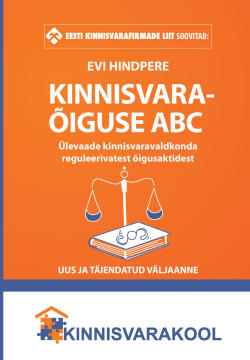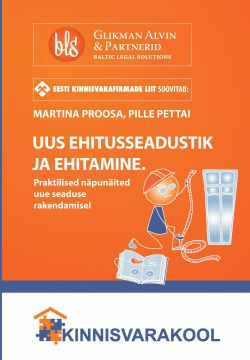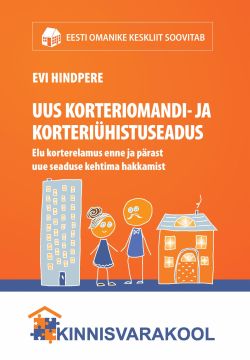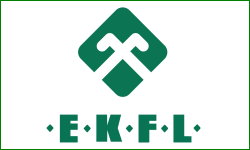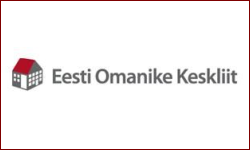 Why worry about wage growth?
Why worry about wage growth?
- Wage growth accelerated again
- Not sustainable in the longer term
- Exports have to recover
Wage growth accelerated again
Gross wage growth has been around or above 5% since 2011. In the first half of 2015, wages increased in almost all sectors. Lower labour taxes and deflation will result in a remarkable surge in households’ purchasing power this year. Fast growth in wages is, therefore, good news for companies that sell their products or services in the Estonian market. Strong consumption and wage growth has also supported tax revenues.
Not sustainable in the longer term
The labour market is tight; thus wage growth has been strong. Employees’ bargaining power has grown, and this shows also in GDP figures; the share of labour income in GDP has grown and the share of profits has decreased. Enterprises’ financial data also show that wage growth is not in line with changes in sales, profits, or productivity. Although the situation across sectors differs, companies’ turnover and profits decreased in more than half of the sectors, while labour costs increased in most fields, in the first half of 2015.
Exports have to recover
Consumption-fuelled growth cannot last long. If export sales do not improve, the growth of wages (and consumption) will slow. While the EU’s economy is gradually recovering, demand in some of Estonia’s main export markets remains fragile. The economic situation in Russia is deteriorating, and the Finnish economy is barely growing. Enterprises’ sales in Estonia are also dampened by lower output prices. Therefore, some sectors facing weak export demand and low output prices are finding it hard to keep up with the current wage growth.






